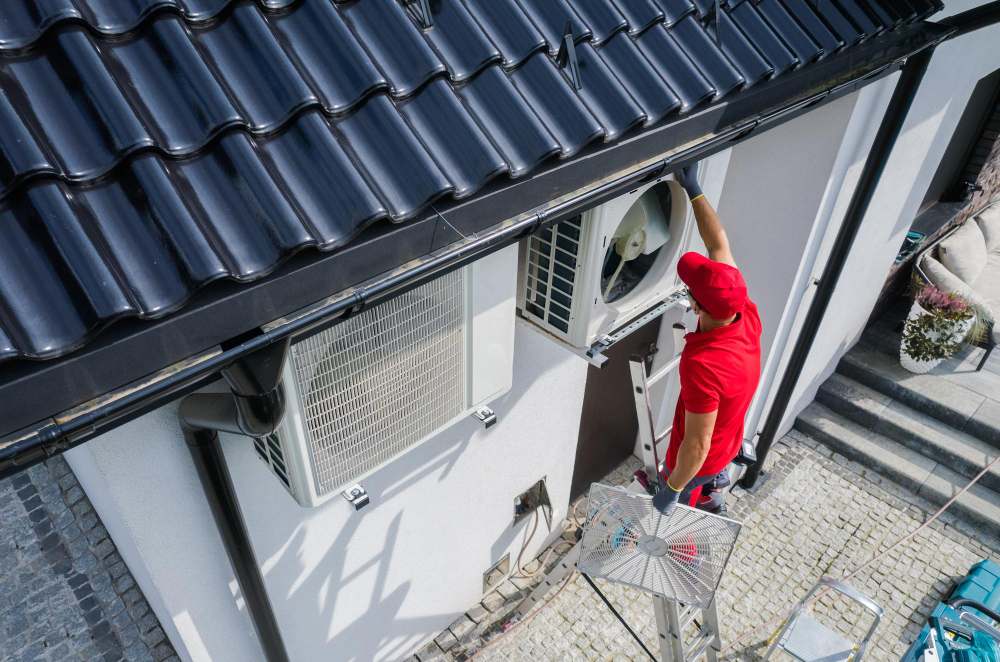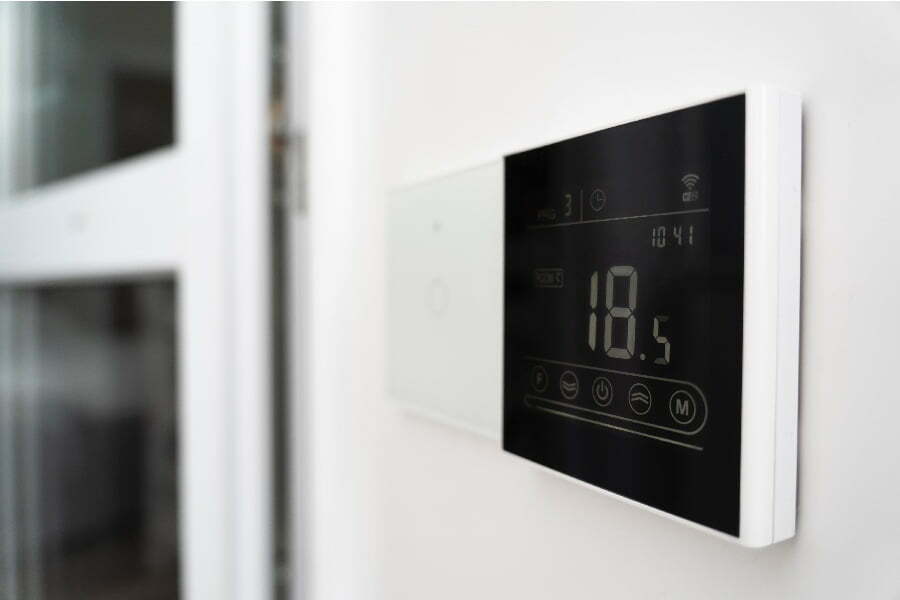Last updated on
During a bathroom renovation, there comes a time when you have to choose between the tankless water heater and the one with the tank. Which one saves you money?
If you decide to install a water heater in your home, you might be wondering which kind would work best for you. There are two common types of water heaters: conventional storage-tank and tankless water heaters. They’re both great in their ways, but the latter may be a better option due to convenience and cost-efficiency.
A traditional water heater with a tank requires more space in your household, which may be an issue in some cases. After all, not everyone would have the extra space to accommodate a water heater tank. With a tankless water heater, however, you’ll be able to enjoy hot water without having to generate extra space. If you decide to upgrade yours, check out this info about tankless water heater installation cost.
Despite its convenience, though, a tankless water heater may turn out to be an expensive choice—at least when it comes to upfront costs. If you’re planning to get one, you must evaluate the tankless water heater cost so you can see if it’s a feasible option for your household.
On that note, while it’s expensive to purchase, is a tankless water heater still worth it? Will it be able to help you save money eventually? We’re here to help you find out.
Tankless Water Heaters Help Save Money

Since a tankless water heater doesn’t use a tank for water storage, it only heats the water on demand. It doesn’t work throughout the day to warm up water inside the tank to supply to your sinks and showerheads. Since a tankless water heater only heats water when needed, you won’t need to worry too much about electricity consumption, making it an energy-efficient option for your home.
Traditional water tanks heat up to 41 gallons of water per day that may be left unused, which costs more in terms of electricity consumption. Meanwhile, a tankless water heater will work only when necessary. According to the U.S. Department of Energy, an electric tankless water heater helps you save $44 per year, and a gas-fired tankless water heater saves up to $108 per year in energy costs. With this, you’ll be able to save a lot more money. You can even invest that extra budget for something more beneficial for your home.
Moreover, most tankless water heaters provide an endless supply of hot water. This process is indeed beneficial in your morning and evening routines. However, this may also help you save money by protecting your health long term. When you have an uninterrupted or endless supply of hot water, there’s a lower risk of contamination, which is essential in preventing certain diseases such as diarrhea, cholera, typhoid, and many more.
Tankless Water Heaters Help Save Space
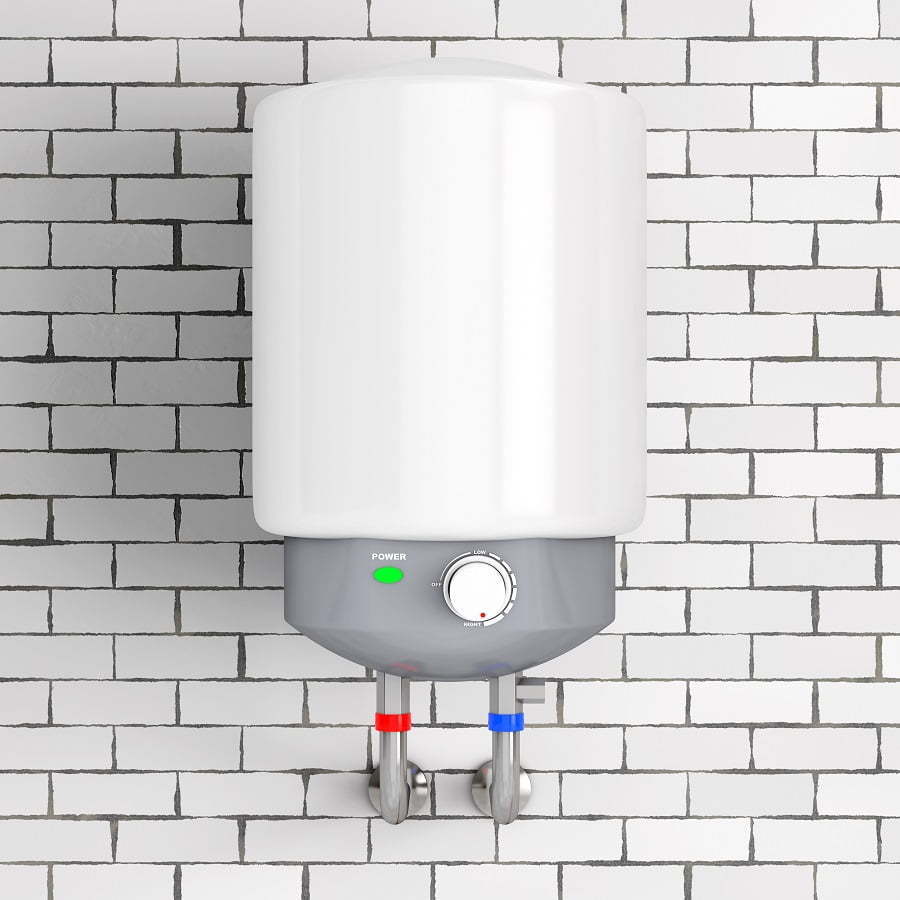
As mentioned, when you have a tankless water heater installed, you don’t have to think too much about the space it would take up in your home, there’s no need to spend additional space for the water storage tank as this can be easily installed on your basement wall.
A tankless water heater is compact in design and won’t take too much space in your basement; that space could be used for something necessary.
It has to been mentioned that a tankless water heater is more durable than other types of traditional water heaters, making your investment worth it. Along with this, using a tankless water heater helps save the environment since it reduces the use of tanks that will eventually end up in landfills when no longer in use.
Tankless Water Heaters Have a Longer Warranty Period

Water heaters aren’t designed to last forever. Just like any other piece of technology, they’ll eventually wear out and no longer be useful. While that’s unavoidable, the best you can do is extend its lifespan.
A tankless water heater often has an extended warranty period so you could have your water heater fixed in no time without having to spend on repairs unless required by the manufacturer. If your tankless water heater breaks down during its warranty period, you’ll be able to save a lot in costs and you might even have a chance to have the entire system replaced, allowing you to get a brand-new one free of charge.
A tankless water heater usually has a warranty period of 15 years, while traditional water heaters come with a six-year warranty period. That’s a warranty coverage that’s more than twice that compared of traditional water heaters.
Tankless Water Heaters Help Save Time
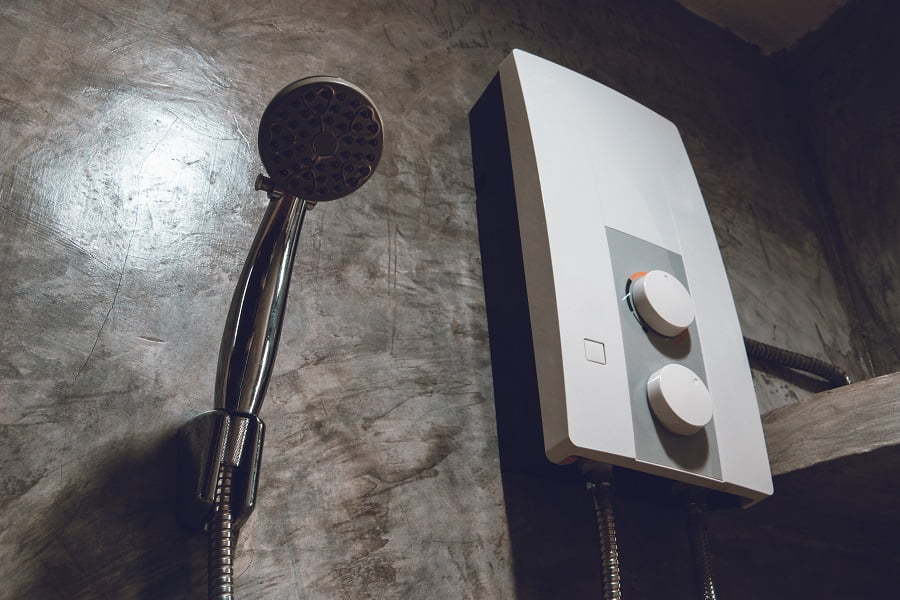
With a tankless water heater, you don’t have to wait for the tank to refill before using it. Everyone in your family can take hot showers anytime without having to wait while the heating equipment heats another batch. It’s very inconvenient when you just finished filling in your bathtub, and a family member needs to take a shower. It can take too long before they can use the water heating system again. They might even have to turn to manual heating, which defeats the purpose of having a water heater in your home.
Tankless Water Heaters Have a Lower Repair Cost
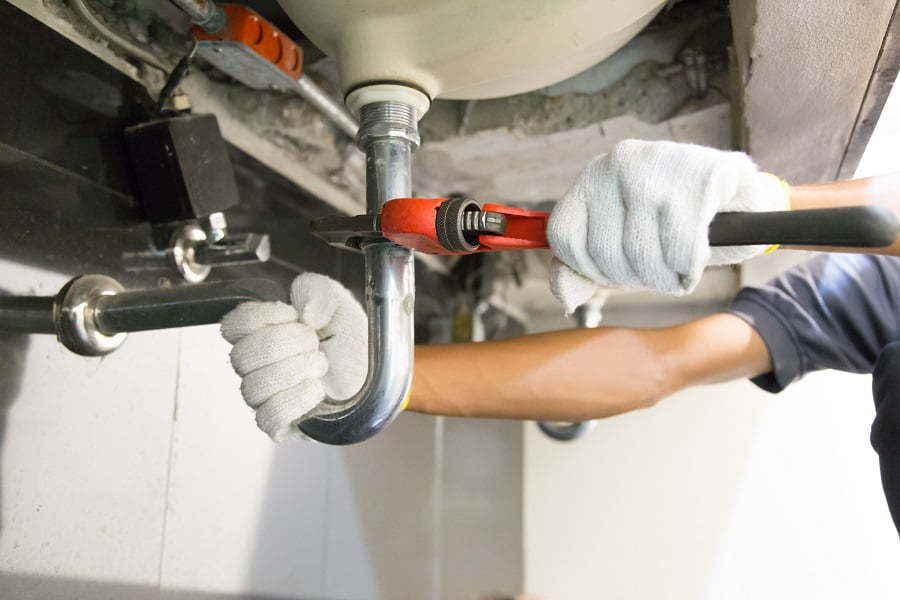
A storage-tank water heater is bound to be used more often, and this can eventually cause faster wear and tear in its materials. Meanwhile, a tankless water heater only functions when it’s needed to, so there’ll be fewer repair costs as long as you maintain it properly.
For example, you can perform annual maintenance on your heating equipment to flush all the hard water deposits that can damage its internal mechanisms. The more you do the annual flush of your tankless water heater, the more you can help prolong its life, thereby saving you a lot of money on repair costs.
Proper Tankless Water Maintenance Helps Save Money
Maintaining tankless water heaters is crucial for optimal performance and energy efficiency. To save time on upkeep, follow general guidelines and refer to the manufacturer’s specific instructions outlined in the user manual.
Regular flushing, typically done annually, helps remove sediment and mineral buildup that can affect the unit’s efficiency. Check for leaks periodically to address potential issues promptly, and consider installing a water softener in areas with hard water to prevent mineral accumulation. Inspect the venting system for obstructions, damage, or corrosion; proper venting is essential for safe operation.
Test the pressure relief valve annually to ensure it functions correctly. Familiarize yourself with the unit’s error codes to troubleshoot issues efficiently. While homeowners can perform some maintenance, scheduling periodic professional inspections is advisable to address potential problems and ensure all components function correctly.
Various professionals can assist with tankless water heater maintenance. Licensed plumbers possess the expertise to handle tasks such as flushing the system, checking for leaks, and inspecting the pressure relief valve. HVAC technicians, specializing in heating, ventilation, and air conditioning systems, may also be proficient in tankless water heater maintenance, particularly if the unit is integrated into a larger heating system.
Appliance repair services often have technicians trained to work on tankless water heaters, ensuring comprehensive maintenance. Additionally, manufacturers may have authorized service providers or technicians specifically trained for their products.
The Takeaway
Having to pick the perfect water heater for your household is not an easy task. The one you choose will highly affect how you heat your water eventually. While it may cost more upfront, a tankless water heater will help you save a lot of money in the long run since it only heats on demand and requires minimal repairs. On top of that, it has twice the warranty period compared to a traditional water heater. It’ll be expensive to purchase and install, but it’ll help you save a lot overall.
Related reading:
Table of Contents
